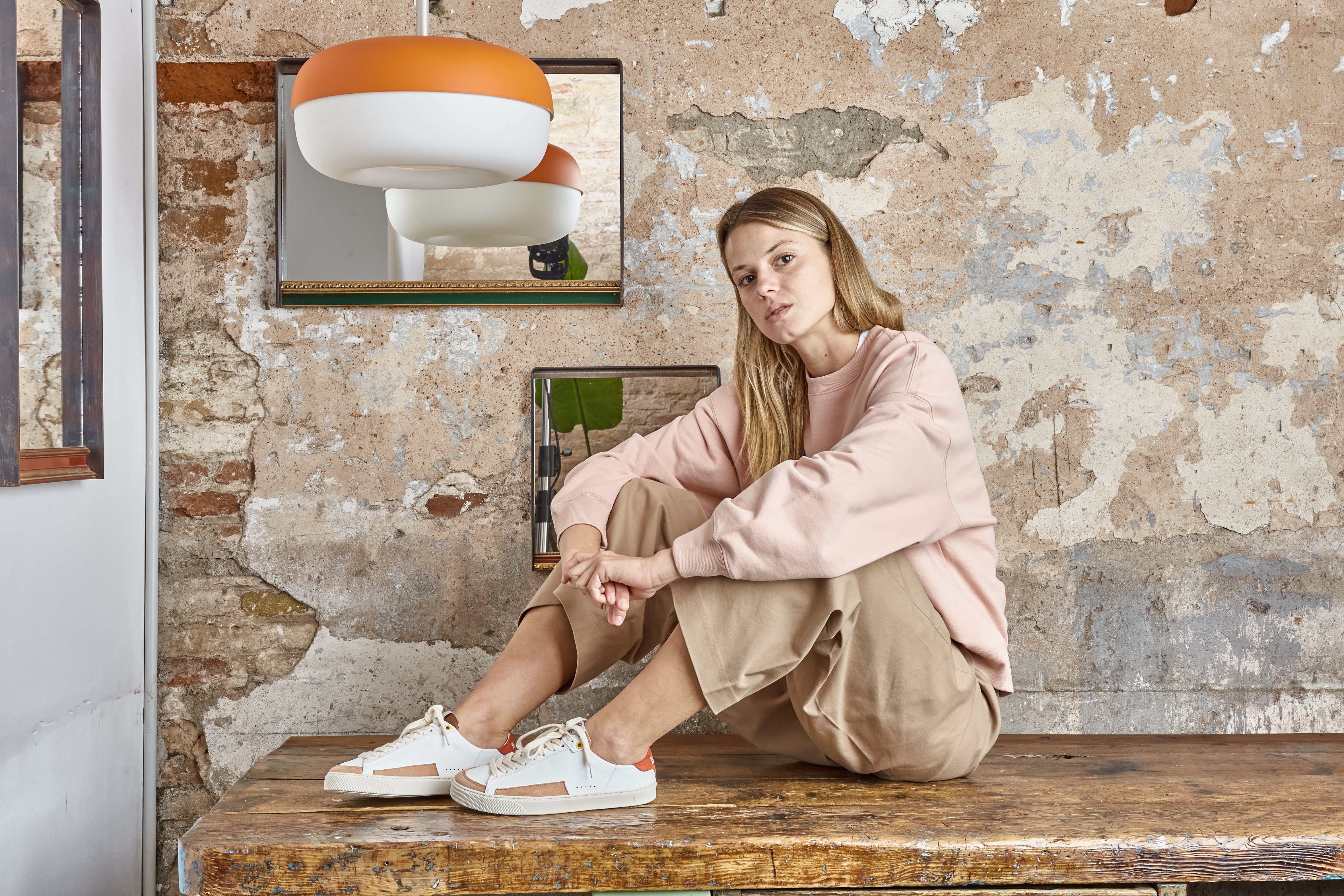Barefoot Shoes FAQ
1. What are barefoot shoes?
1. What are barefoot shoes?
Barefoot shoes are designed to mimic the feeling of walking barefoot while still providing protection from rough surfaces. They typically have:
- A wide toe box to allow natural toe splay
- A thin, flexible sole for better ground feel
- Zero-drop (no elevated heel) to promote natural posture
2. Are barefoot shoes better than traditional shoes?
2. Are barefoot shoes better than traditional shoes?
It depends on the person! Barefoot shoes encourage natural movement, help strengthen foot muscles, and may improve balance and posture. However, some people with certain foot conditions may need supportive footwear instead.
3. Who should NOT wear barefoot shoes?
3. Who should NOT wear barefoot shoes?
Barefoot shoes might not be the best choice for:
- People with severe flat feet who need extra arch support
- Individuals with diabetic neuropathy (reduced foot sensation)
- Those with severe arthritis or joint pain
- People recovering from foot injuries (e.g., plantar fasciitis, fractures)
- Workers in high-risk environments requiring protective footwear
If you're unsure, consult a specialist before switching.
4. How do I transition to barefoot shoes?
4. How do I transition to barefoot shoes?
Switching too quickly can cause discomfort or injury. Follow these steps for a smooth transition:
- Start slow – Wear them for short periods and gradually increase time.
- Strengthen your feet – Do exercises like toe stretches and calf raises.
- Adjust your walking/running style – Avoid heavy heel striking; land softly with a midfoot/forefoot strike.
- Listen to your body – If you experience pain, slow down your transition.
5. Are barefoot shoes good for running?
5. Are barefoot shoes good for running?
Yes, but transitioning properly is key. Many barefoot runners adopt a forefoot/midfoot strike, reducing knee impact. Research suggests minimalist shoes can improve foot strength and running efficiency, but an improper transition may lead to injuries like Achilles strain or calf soreness.
6. Do barefoot shoes work in cold weather?
6. Do barefoot shoes work in cold weather?
Yes! Many barefoot shoes have insulated models with warm linings and weather-resistant materials. For winter, look for waterproof options or wear wool socks for extra warmth.
7. Can kids wear barefoot shoes?
7. Can kids wear barefoot shoes?
Absolutely! Kids’ feet are still developing, and barefoot shoes allow natural growth and movement, preventing issues caused by narrow, rigid shoes. Many podiatrists recommend minimalist footwear for children.
8. Do barefoot shoes fix flat feet?
8. Do barefoot shoes fix flat feet?
They can help strengthen foot muscles, but they don’t "fix"flat feet instantly. Some people with mild to moderate flat feet find barefoot shoes improve their foot function over time. However, those with severe flat feet may still need supportive footwear.
9. How do I choose the right barefoot shoes?
9. How do I choose the right barefoot shoes?
Consider:
- Toe space – Ensure enough room for natural toe spread.
- Flexibility – The sole should bend easily.
- Thickness – Thicker soles offer more protection, while thinner soles give better ground feel.
- Activity type – Pick shoes based on your use (walking, running, hiking, everyday wear).
10. Are barefoot shoes allowed at work?
10. Are barefoot shoes allowed at work?
It depends on your workplace. Many offices allow them, but safety regulations in construction, warehouses, or healthcare settings may require traditional protective footwear.
11. Can I wear barefoot shoes if I have bunions?
11. Can I wear barefoot shoes if I have bunions?
Yes, as long as they have a wide toe box that doesn’t squeeze your toes. Barefoot shoes can help prevent bunions from worsening, but they won’t reverse existing ones.
12. Do barefoot shoes last as long as traditional shoes?
12. Do barefoot shoes last as long as traditional shoes?
They can last a long time, but durability depends on:
- How often you wear them
- The terrain you walk on
- The quality of materials
Since they have thinner soles, they may wear out faster on rough surfaces. However, many brands use high-quality, durable materials for longevity.
